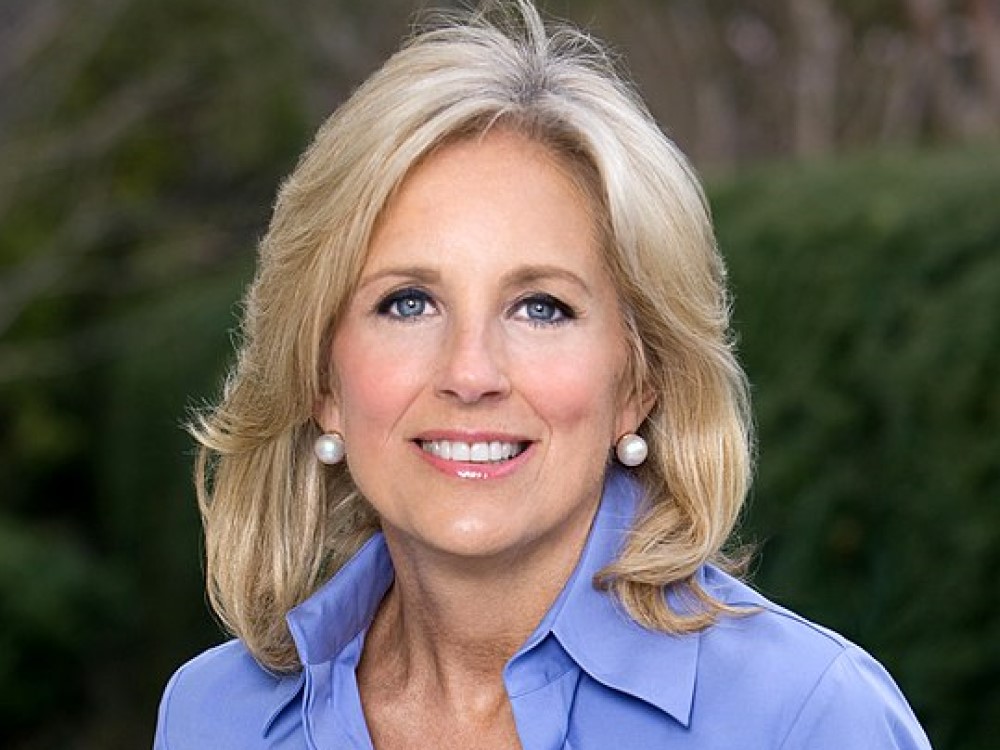
In a bid to address significant gaps in research on women's health, the White House, under the leadership of First Lady Jill Biden, has introduced a new initiative aimed at fostering innovation and investment in women's healthcare. The initiative seeks to establish clear priorities for federal research investments, enhance coordination among agencies, engage scientific communities, promote public-private partnerships, and formulate recommendations to tackle health disparities affecting women.
The Biden administration highlighted the urgent need to close the research gaps that have left healthcare providers without adequate tools to diagnose and treat various conditions prevalent in women. Conditions such as cardiovascular disease, Alzheimer's disease, autoimmune disorders, mental health conditions, menopause, and endometriosis were specifically mentioned as areas lacking sufficient research and data. The memorandum from the administration emphasized that the underfunding of research on women's health has led to serious consequences for women's health across the country.
Carolyn Mazure, a professor at Yale University, will be in charge of coordinating efforts between the White House Gender Policy Council and the Office of the First Lady for the White House Initiative on Women's Health Research. The initiative aims to mobilize recommendations for concrete actions within 45 days, with a focus on improving how research on women's health is conducted and maximizing investments in this critical area.
Trade group AdvaMed, representing the medtech industry, has expressed support for the White House effort. The group acknowledged the need for more inclusive research, development, and funding of technologies, particularly through a commitment to address health disparities, including a subcommittee specifically dedicated to women's health.
DeChane Dorsey, AdvaMed's staff lead on health equity and women's health, emphasized the importance of recognizing that women face different health issues than men and that shared health issues often require unique treatments. Dorsey noted that despite these distinctions, women are not adequately represented at critical phases of the innovation process, from inception to product development.
The initiative's holistic approach, encompassing research priorities, coordination, community engagement, and public-private collaboration, reflects a commitment to rectifying the longstanding disparities in women's health research. The involvement of various stakeholders, including the First Lady, underscores the administration's dedication to fostering positive change in women's healthcare.
As the initiative unfolds, it holds the promise of not only addressing immediate research gaps but also fostering a more inclusive and equitable approach to healthcare innovation, ensuring that the unique health needs of women are given the attention and resources they deserve.
